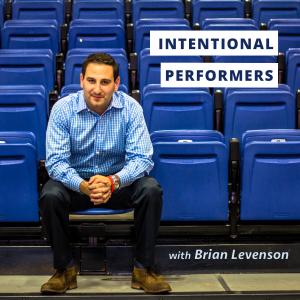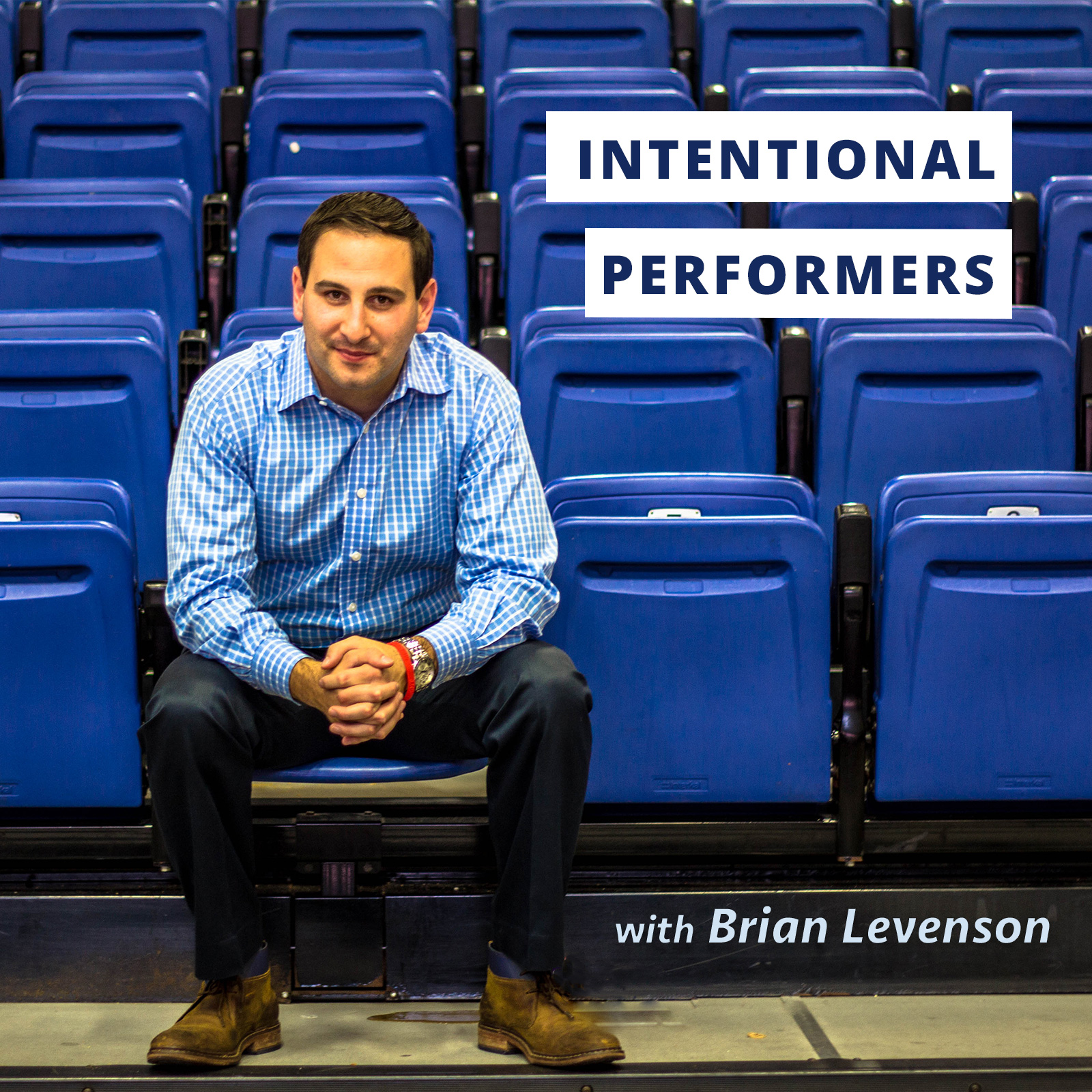Episodes

Wednesday Jun 07, 2023
Wendy Smith on The Power of Paradox
Wednesday Jun 07, 2023
Wednesday Jun 07, 2023
Wendy K. Smith is the Dana J. Johnson Professor of Management, faculty director of the Women’s Leadership Initiative at the Lerner College of Business and Economics, University of Delaware and fellow at The Academy of Management. She earned her PhD in organizational behavior at Harvard Business School, where she began her intensive research on strategic paradoxes—how leaders and senior teams effectively respond to contradictory, yet interdependent demands. Working with executives and scholars globally, she received the Web of Science Highly Cited Research Award (4 years in a row) for being among the 1 percent most-cited researchers in her field and received the Decade Award from the Academy of Management Review for the most cited paper in the past 10 years as well as a fellow at the Academy of Management. Her work has been published in such journals as Academy of Management Journal, Administrative Science Quarterly, Harvard Business Review, Organization Science, and Management Science. She has taught at the University of Delaware, Harvard University, and the University of Pennsylvania–Wharton while helping senior leaders and middle managers all over the world address issues of interpersonal dynamics, team performance, organizational change, and innovation. Her book, Both/And Thinking is published by Harvard Business Review and was #1 new release on Amazon. Wendy lives in Philadelphia with her husband, three children, and the family dog.
Wendy had a number of amazing insights during our conversation. Some of them include:
“There’s other pathways to things that we don’t often see” (9:25).
“Where I could really feel impact was at this very local level” (12:25).
“The big idea of [my book] Both/And Thinking is that we live in a world where we tend to pull things apart and make a choice between them and see the either/or, see the black and white, and we argue that’s limited and it’s detrimental at worst. There’s a better way of seeing these things intertwine with one another” (15:40).
“The people that are least confident about knowing who they are, what they’re going to do in the world, and whether they’re going to succeed, are college students” (16:20).
“This sense of having to prove [oneself] constrains actually experimenting and being [oneself] along the way” (17:05).
“A dilemma is a moment in time defined in a very specific time and space where you’re choosing between two different options and it’s begging you to make a choice” (26:45).
“Paradoxes are these persistent, ever-present tensions that underlie our dilemmas and keep popping up” (27:00).
“There’s this constant tension that we all feel around performing well, doing well, being in the moment, and learning and growing and feeling that discomfort of learning and growth” (27:10).
“The dilemma of passion vs. performance shows up all over the place and we tend to pit those against each other” (36:10).
“The more that we feel passionate, the more that we feel joyful, the more engaged and the better performing we are. These opposing pressures actually reinforce each other” (36:30).
“I think an invitation is a chance to allow people to have their own point of view rather than telling them what they think and providing the respect to others that I’m curious about that point of view” (38:10).
“One of the ways that we tend to ‘either/or’ a lot is in relationship with other people” (38:30).
“We grow from taking a pause from our regular routines and lives” (42:45).
“Part of ‘both/and’ is pulling out or decisions into a broader perspective where we are making these micro shifts, oscillating, experimenting, balancing, trying along the way, that not every decision is the ultimate moment of truth” (47:15).
“How do you navigate in a space that’s not ideal for who you are?” (50:20).
“Activism has a very black and white perspective; I am going to assert what I believe and be loud and proud about it. There’s a place for that and it’s an important piece, and it doesn’t always get stuff done. What we really need in order to move forward is more nuanced diplomacy and collaboration across opposing ideas” (52:50).
“Leaders need to have a varied toolkit in how they lead” (55:15).
“Frankly, there’s a lot more common ground on many of these [political] issues than there is difference” (57:20).
“It’s not just your own individual performance, but your performance and your success is dependent on how you raise up and create the conditions for other people’s success as well” (1:04:50).
Additionally, you can find everything you need to know about Wendy’s book, Both/And Thinking, here. You can also connect with Wendy on LinkedIn, Twitter, Facebook, Instagram, and by email (hello@bothandthinking.net).
Thank you so much to Wendy for coming on the podcast!
I wrote a book called “Shift Your Mind” that was released in October of 2020, and you can order it on Amazon and Barnes and Noble. Additionally, I have launched a company called Strong Skills, and I encourage you to check out our new website https://www.strongskills.co/. If you liked this episode and/or any others, please follow me on Twitter: @brianlevenson or Instagram: @Intentional_Performers.
Thanks for listening.


No comments yet. Be the first to say something!